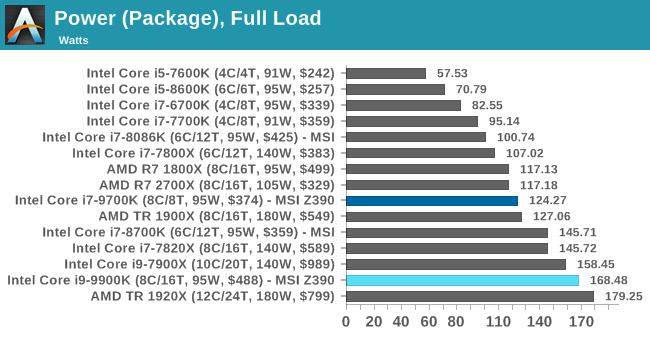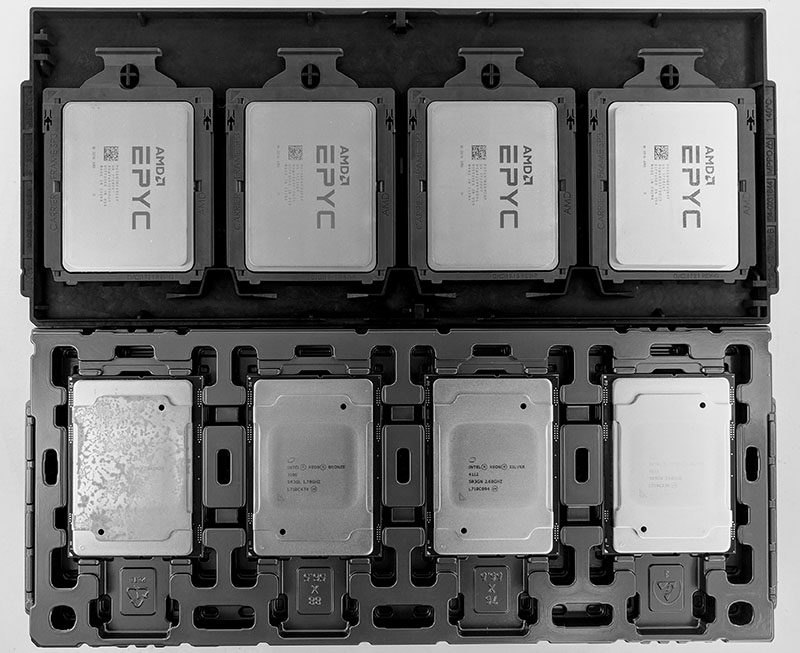- Joined
- Jun 10, 2014
- Messages
- 3,112 (0.78/day)
| Processor | AMD Ryzen 9 5900X ||| Intel Core i7-3930K |
|---|---|
| Motherboard | ASUS ProArt B550-CREATOR ||| Asus P9X79 WS |
| Cooling | Noctua NH-U14S ||| Be Quiet Pure Rock |
| Memory | Crucial 2 x 16 GB 3200 MHz ||| Corsair 8 x 8 GB 1333 MHz |
| Video Card(s) | MSI GTX 1060 3GB ||| MSI GTX 680 4GB |
| Storage | Samsung 970 PRO 512 GB + 1 TB ||| Intel 545s 512 GB + 256 GB |
| Display(s) | Asus ROG Swift PG278QR 27" ||| Eizo EV2416W 24" |
| Case | Fractal Design Define 7 XL x 2 |
| Audio Device(s) | Cambridge Audio DacMagic Plus |
| Power Supply | Seasonic Focus PX-850 x 2 |
| Mouse | Razer Abyssus |
| Keyboard | CM Storm QuickFire XT |
| Software | Ubuntu |
Intel is still waiting for "10nm+" to be ready, and all 10nm products released this year will be produced on the first generation 10nm node ("10nm").No surprise seeing Intel focus 10nm chips on laptops first!
This market is much bigger than desktop PCs and it is where AMD has less representation.
The first generation 10nm is not good enough for highly clocked chips and high yields, so it makes sense to use it for low power chips. And as you say, in terms of quantities, these low-powered mobile chips will ship in high volumes.
10nm+ has been delayed to next year, with Intel promising Ice Lake-SP shipping in Q2 2020.
Intel "10nm" is comparable to TSMC's "7nm", these are just marketing names.10 NM. About dam time intel got something new out. But they are still behind as amd is on 7 NM. but i guess its better than nothing.
Intel were the first to ship products on this generation of high-power nodes; low volumes of Cannon Lake since April 2018 and I believe some FPGAs. In this quarter they will ship larger volumes of Ice Lake-U and Ice Lake-Y, but still only relative small chips. To date, AMD have shipped the largest chips on this new generation of nodes, but still no larger volume until Zen 2 starts to ship in Q3.
TSMC "7nm" seems to be in better shape than Intel's "10nm", so in that regard Intel is "behind", but not because of the naming.
A quad core with this performance level and low TDP is unmatched and quite impressive.But it still nothing i am impressed by. Still quad-core yawn. Wake up intel, its 2019 and not 2012. Quad-core cant really impresse any one these days.



 .
.




